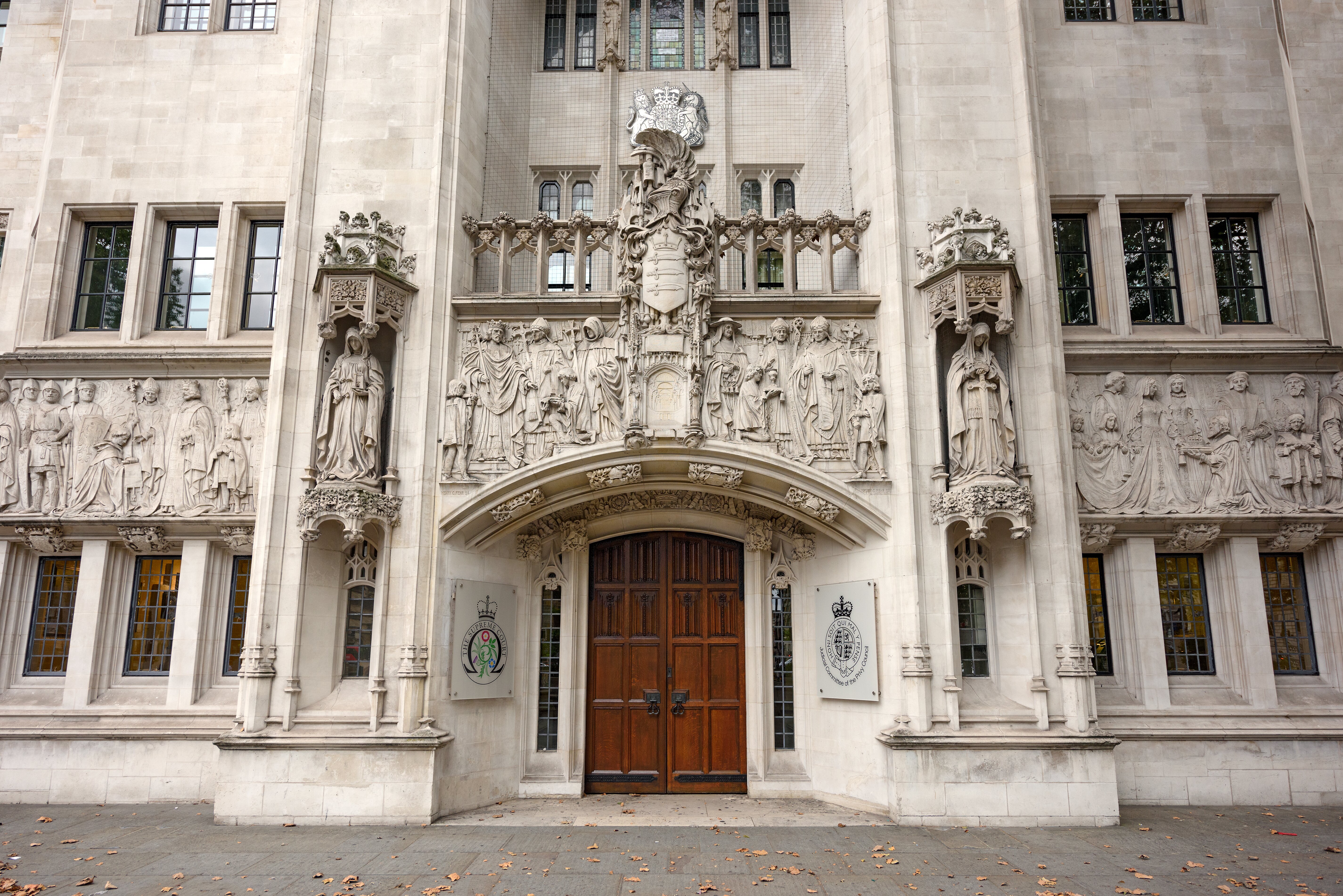Hospitality businesses 'should seek damages' for late Covid business insurance payments
Hospitality businesses whose insurance companies have refused to pay out to cover losses related to Covid-19 should seek damages for late payment after last week’s landmark court ruling, a legal expert has said.
On 15 January the Supreme Court found largely in favour of firms receiving payments from business interruption insurance.
It put an end to months of legal battles with insurers, who argued that only specialist policies provided coverage for losses related to the pandemic.
Though the judgement focused on six insurance companies it has implications for other similar policies.
Sonia Campbell, a partner at law firm Mishcon de Reya who represented policyholders from Hospitality Insurance Group Action (HIGA) in the case, advised businesses who were still awaiting payment to get in touch.
She told The Caterer: “We would be advocating that [businesses] should be claiming damages for late payments because these claims should have been paid many months ago. [Insurers] should be paying damages and compensating for the fact they didn’t pay back at the beginning of the pandemic when these claims were put in.”
Some hospitality operators which closed dine in areas but remained open for takeaway had been unable to claim under 'inability to use' clauses, but the court ruled insurers should pay out for the part of the business that was lost.
The complex judgement also ruled that QBE 1, QBE 2 and QBE 3 insurance policies should all provide cover. This was despite the high court initially ruling only QBE 1, which included a 25-mile disease clause, should do so.
Campbell said: “As long as you can show that there was a case of a person who suffered Covid-19 in your radius then you satisfy that trigger. It was cases throughout the country that led to the national response, so they were all essentially an effective cause.”
The Supreme Court found that the prime minister’s instruction for businesses to close on 20 March amounted to a restriction being imposed, despite the order not being legally enforced until later, meaning companies should receive cover from that date.
Around 370,000 policyholders were affected by the initial test case, with many tens of thousands impacted by last week's result.
Campbell added: “It is a resounding but long overdue success for businesses, but we recognise that it may still be too late for many. The claim adjustment process that must now happen should happen immediately, and insurers must not be allowed to drag their heels and cause further distress."















